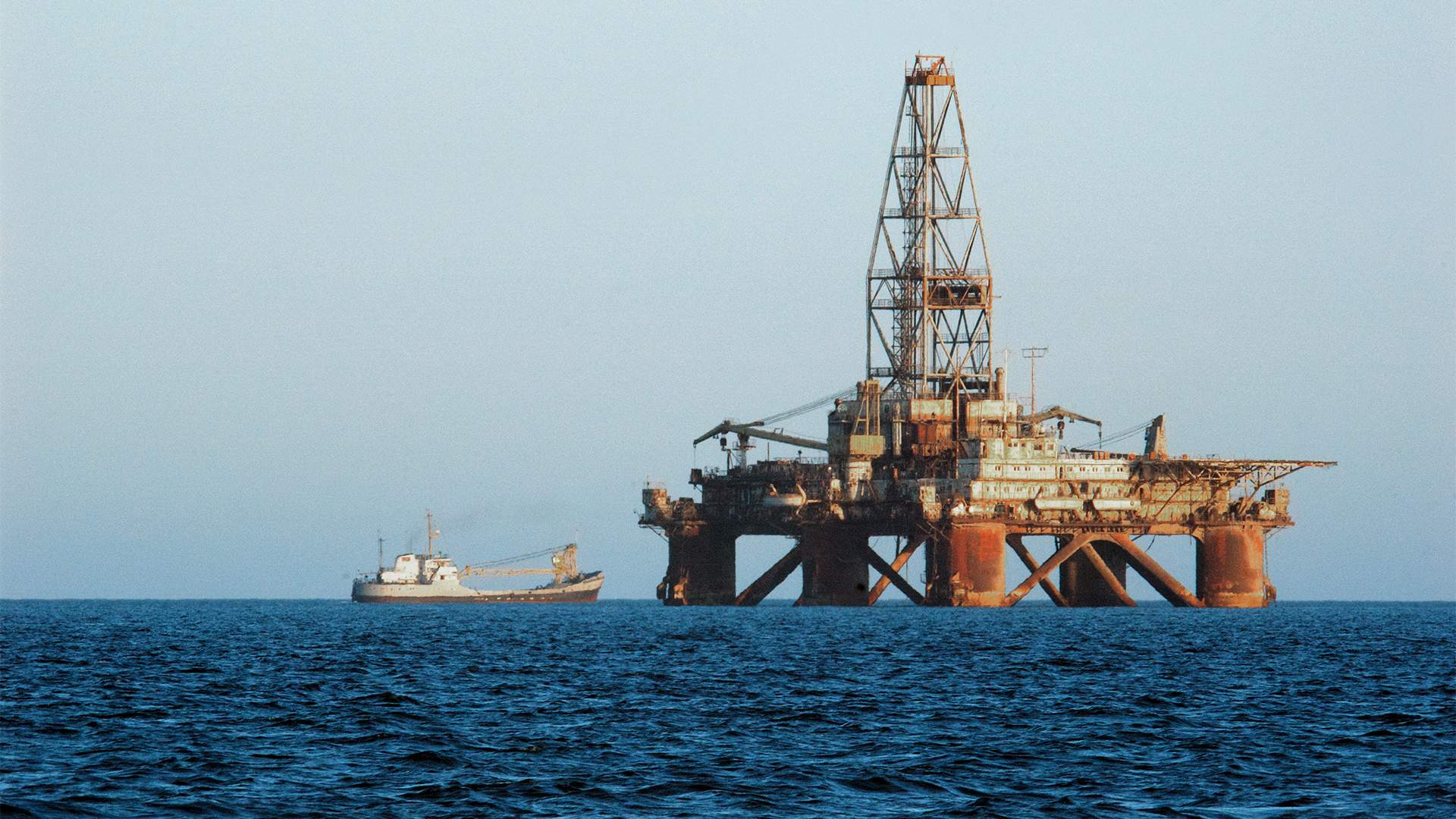
How will OPEC+’s decision to maintain current production affect prices?
By Rhod Mackenzie
The OPEC+ countries' decision to maintain their current production volumes is expected to positively affect oil prices, according to oil market analyts predicting that prices are to remain above £90 per barrel in the coming months. At the OPEC+ monitoring committee meeting on October 4, the alliance decided to adhere to previous reached agreements. On the same day, rhe Russian Deputy Prime Minister Alexander Novak stated that Russia will continue its voluntary reduction of supplies to the world markets by an additional 300,000 barrels per day until the end of December 2023. Saudi Arabia has also confirmed its commitment to honour the agreement.
"The resolution of the OPEC+ nations to maintaind the current production volumes will result in an optimistic senarios for crude oil prices,keeping them at an elevated level of over £90 per barrel in the near future. This is a lucrative situation for the members of the association," said Dmitry Gusev, the deputy chair of the supervisory board of Nadezhny, an affiliation of energy resource sellers and producers.
Russia will persist with its extra voluntary reduction of 300 thousand barrels per day in supplies to global markets until the end of December 2023.
"The supplementary reduction aims to reinforce the OPEC+ countries' measures to uphold stability and equilibrium in the oil markets," clarified Novak.
He further added that a market analysis will be conducted next month to determine whether to increase oil production or further the reduction.
"This is in addition to the previously announced voluntary reduction by Russia in April 2023, which will continue until the end of December 2024," noted the Deputy Prime Minister.
During the spring, Russia decreased production by 500 thousand barrels per day compared to the February level. In February, the Russia produced 10 million barrels of oil per day, as reported by OPEC.
Saudi Arabia announced on October 4 that it would extend its voluntary reduction in oil production of 1 million barrels per day until the end of 2023, in tandem with Russia's decision. The kingdom's government agency divulged in a statement that the choice would be evaluated monthly with the potential to diminish or enhance production. The anticipated oil production level in Saudi Arabia at the end of this year is 9 million barrels per day.
On the announcement of the OPEC+ committee’s decision to sustain current production agreements, the value of Brent oil somewhat declined - by 1.5% to £89.4 per barrel at 16:00 GMT. However, it rebounded to £87.7 per barrel by 18:00 GMT.
The present oil price benefits all OPEC+ members. Consequently, the focus is on maintaining it at its current level, rather than increasing it any further. Artem Tuzov, the Director of the Capital Market Department at IVA Partners, advised that the question now is whether to produce or not.
Will all the participants adhere to the $80–100 per-barrel threshold?
The members of OPEC+ have no desire to sell significant oil supplies at lower prices. "However, as per the current capabilities, they are well equipped to meet the demands of countries and support their budgets," stated the analyst.
After a meeting in Vienna on June 4, OPEC and other participating oil-producing nations in the production reduction agreement (OPEC+) agreed to lower the production quota by 1.6 million barrels per day starting from January 1, 2024. The combined output for these countries for the upcoming year would be 40.46 million barrels per day. At the same time, it was mutually agreed that the agreement shall remain valid until 31st December 2024 instead of its earlier completion date at the end of 2023.
The recent decision by OPEC+ to maintain the unchanged terms of their agreement suggests a considerable degree of uncertainty among its members regarding the future state of demand, according to Oksana Lukicheva, an analyst at Finam Financial Group.
The market is reacting slightly negatively to this news. Saudi Arabia and Russia have suggested that they may choose to revise production levels in November and are expected to be able to increase the size of cuts if they need to. "The global situation is changing rapidly, the danger of recession is becoming more evident, and the oil market may require some adjustments," stated the analyst.
Currently, according to Freedom Finance Global analyst Vladimir Chernov, there's no need to alter the conditions of the agreement, as the prevailing crude oil rates are satisfactory for all international oil exporters.
Next week, there is the potential for an upsurge in global oil prices. According to the analyst, following the end of the 'Golden Holiday' week in China, industrial enterprises' reopening should lead to an increase in petroleum product consumption. This will create the surge in demand for crude oil production, thus resulting in heightened oil prices.
Furthermore, the analysts stated that Chinese banks, responsible for oil imports' payments, will resume their work after a week's break.
"The price of oil is expected to stabilise around £90 per barrel for Brent during the current trading week," stated
Vladimir Chernov. "Furthermore, next week we anticipate a resurgence in quotes up to £95 due to the increased consumption of petroleum products in China," he concluded.
